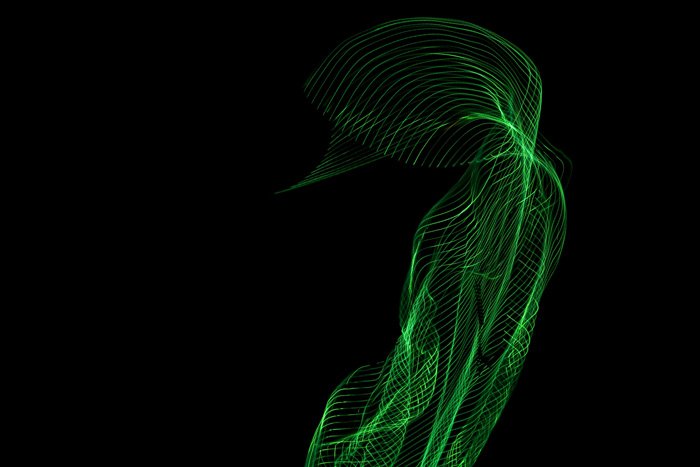
An outcry for dignity and freedom
book 1, beginning
The following scene is from book 1, beginning, for which I tapped into my own experiences from the time when I was a religious person.
Today, I dedicate this scene to the women in Iran.
10 November 2022
The scene is set in a large chill-out area where maybe thirty team members listen to a conversation about the future gardens for Easy Town. The ideas for the Gods Garden, outside the town, meet with some resistance.

From where I stand, religion is a private matter. And this garden will provide a place where people can worship their god. As for practising or displaying or preaching religious believes in the town, public places, schools, workplaces and the like, the answer is no, for the duration of the experiment. Because, apart from the critical points I mentioned earlier, we need to be free to explore all ideas without any impediments.’
There was a stunned and uncomfortable silence. Most people were avoiding eye contact, some looked hurt, some dismayed. And Alice sensed her anger rising.
Later she couldn’t tell what triggered her sudden outburst. Was it a glance, a gesture, or just the past pushing her over the edge? Whichever it was, she burst out: ‘Oh, come on, do ask me! How do I stand on burkas or hijabs or headscarves? What do I think about women, hiding their bodies? What do I think about women who have been taught that their body is evil, something to be tucked away? That hiding is desirable modesty? That their desires are evil?
I was there. I was an Evangelic believer. And I was told that I had to wear my hair long and decent, that I had to wear long skirts to show my femininity, baggy shirts to conceal my breasts. Because if I did not, men would have dirty thoughts. My body would give them sinful desires.
And I can’t allow that to happen, can I? I am, so to speak, responsible for the safety of the male soul.
Do I want to support that?
I used to believe that crap. And it’s hard to get it out of the system. Do I want any woman to feel the same? Do I want anyone to feel ashamed about their bodies, to feel like a virus that can infect any man any time? Do I want any woman to believe that she’s responsible for a man’s failure to deal with his sexuality?
I DON’T!
And did you know that a girl has to start wearing a headscarf when she gets her first period? How sick is that? It’s nobody’s bleeding business when a woman starts to bleed.
Or do I support the idea that a woman belongs to her husband? BELONGS? How can one human belong to another human?
So would I accept any of those cloth cages in our town?
Quite the contrary.
I want to take those women by their hands and take them skinny dipping. Allow them to feel the water run over their naked bodies. I want to tell them that they are not responsible for the thoughts and wishes of men. I want them to feel good about themselves.
You could argue that they choose to wear those cloth cages and feel good about wearing them.
You keep believing that.
Oh, yes. Women are as capable of fanatic believes as men. And women are really good at pressuring other women into behaving and dressing the way that’s expected of them.
But that doesn’t make anything any better. The very fact that a believing woman would feel guilty if she didn’t cover her body, that alone speaks volumes.
I can’t believe that we still live in a world where some humans bow to other humans. Where some women are made to believe that they have to show their subordination to anyone.
No, I don’t want a town where people aren’t free to do whatever they want. Nor do I want a town where feeling guilty motivates anyone’s actions.
Wearing a burka is not a free choice. It’s a demand of religious groups. And it’s enabled by possessive men, and by women who have not yet grasped that they are worthy human beings with rights of their own.
And I’ll tell you something else. Even if there were women who are as free as it gets and still decide to wear a scarf, then I’d expect them not to do it in solidarity for all those women who are forced to hide themselves instead of being their own masters. And if that’s still asking too much, then I’d expect that these women take off their scarf for one day a week in solidarity with all those women who suffer the idiocy of some small-minded men and women.
It makes me angry and sick to my stomach that so many women allow others to tell them what they can and can’t wear; that they allow themselves to become an object or a possession that is not allowed to show itself — if and when it wishes to; that they fall victim over and over again to domestic violence, domestic paternalism and the religious demonisation of the body. And that so many mothers, sisters and daughters enable men to uphold these ridiculous views.
book 1, beginning
